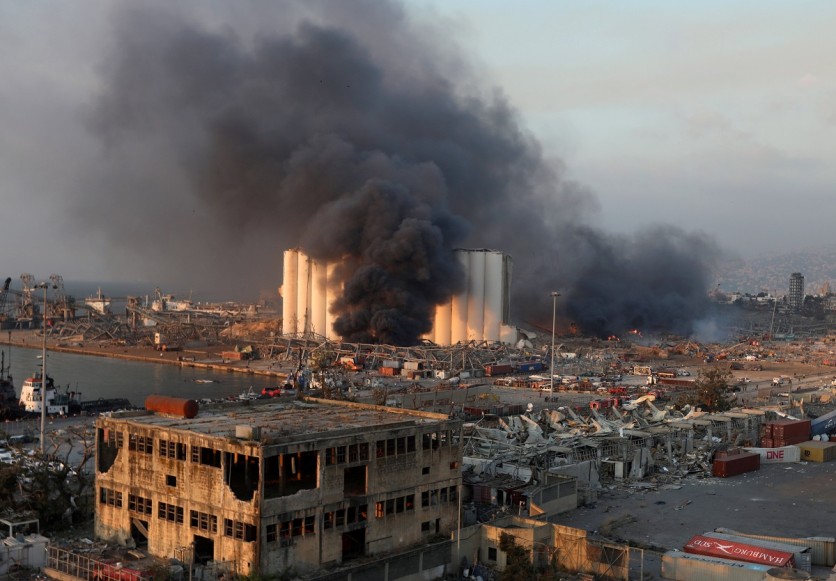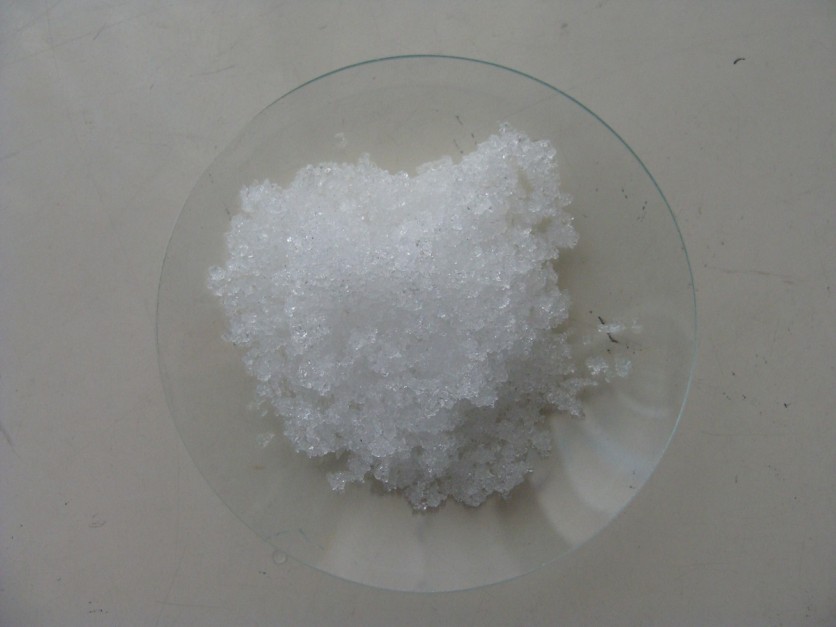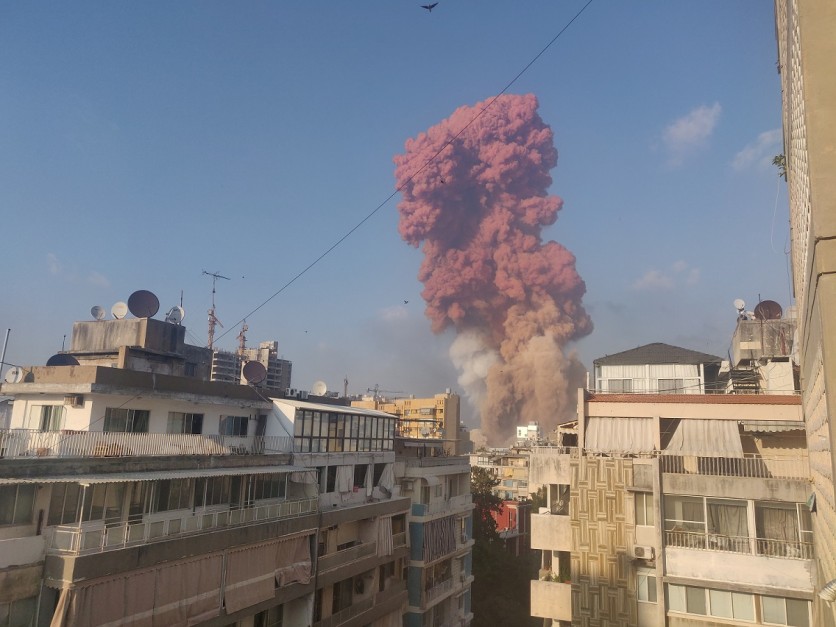Authorities blamed the massive explosion in the capital of Lebanon, Beirut on Tuesday, August 5, that killed at least 135 people and injured about 5,000 to the 2,750 tons of ammonium nitrate stored in a warehouse near the port. President Michel Aoun blasted the existence of such massive amount of chemicals. But the truth is, ammonium nitrate is not really a dangerous chemical.
Ammonium nitrate is widely used as fertilizers and appears as prills or porous pellets while it is also used in making mining explosives. However, it is non-explosive as it is and needs fuel oil and high charge to ignite.

Tech Times reported that Lebanese Prime Minister Hassan Diab said the blast was caused by around 2,700 tonnes of ammonium nitrate stored near the city's cargo port. Video footage appears to show a fire burning nearby before the blast.
My heart goes out to #Beirut, Lebanon this is so terrifying and heart-wrenching pic.twitter.com/Lbz2RYqmwa — Sepideh (@Sepideh_Z) August 5, 2020
Lebanese Prime Minister Hassan Diab already ordered a probe about the "dangerous warehouse" where explosive materials are stored since 2014.
Since Ammonium Nitrate Isn't Really Dangerous, what went wrong?
While ammonium nitrate does not burn on its own, prills provide a more concentrated supply of oxygen than the surrounding air that triggers the combustion of other materials. Thus, when combined with oil and other fuels, it is effective in mining explosives.

However, the chemical can decompose on its own at high enough temperature, producing gases like nitrogen oxides and water vapour. The rapid emission of these gases causes a blast.
So what triggers ammonium nitrate decomposition?
Decomposition of materials can be triggered by an intense near the storage facility. Since investigation is still on-going, we can only speculate based on videos taken before the incident.
Starting a fire with ammonium nitrate explosion is quite difficult as the high temperature needs to be sustained within the same area where the prills are stored. Moreover, the prills cannot burst and need to be contaminated with other combustible material.
In one video taken just outside the blast site, huge smoke was coming out as sparks and fire started in a building just before the catastrophic explosion.
bro was 10 feet away how tf he post this he different fr pic.twitter.com/WenesfqyNw — sex (@atlsavagee) August 4, 2020
Lebanese media initially reported that the blast was caused by fireworks due to the sparks seen on site. A large fireworks warehouse was reported to be caught on fire and it may have contaminated the ammonium nitrate that later triggered the massive explosion.
However, Lebanon's General Security Directorate Major General Abbas Ibrahim quickly dismissed the idea that fireworks caused the blast. He said on Lebanon TV that the explosion was due to seized "high explosive materials" that are store in the area, adding that it is ""naive to describe such an explosion as due to fireworks."
After explosion health risks
The massive blast from 2,700 tons of ammonium nitrate produces enormous amounts of nitrogen oxides. These include nitrogen dioxide, which is a bad-smelling red gas, like the reddish plume of gases that came out after the explosion.

Nitrogen oxides can irritate the respiratory system while people with respiratory conditions are highly at risk. These are common in urban air pollution, but the Beirut discharge of these gases will continue to put the residents' health at risk for several days or weeks, depending on the local weather.
ⓒ 2026 TECHTIMES.com All rights reserved. Do not reproduce without permission.




